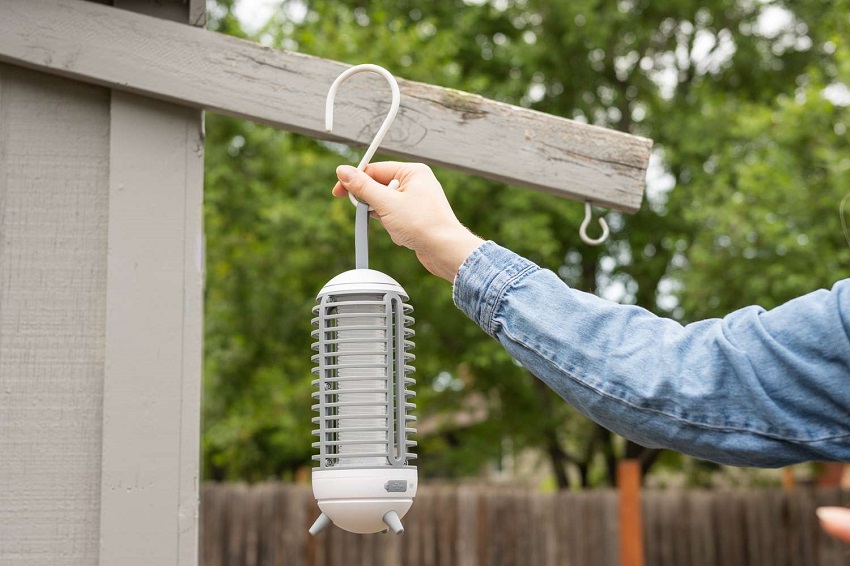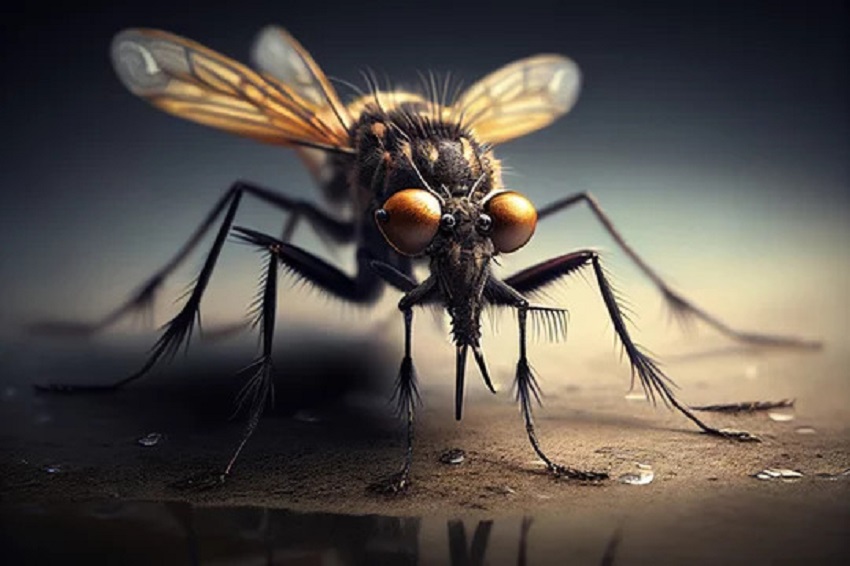Are mosquitoes and flies causing a nuisance in your home or outdoor space? Dealing with these pesky insects can be frustrating, but with the right strategies, you can regain control and enjoy a bug-free environment. In this article, we will explore various methods to control mosquitoes and flies effectively. From preventive measures to proven solutions, we’ll cover everything you need to know to keep these bothersome bugs at bay. This content is presented by https://yellovvkitty.com/
Understanding the Biology of Mosquitoes and Flies
To effectively control mosquitoes and flies, it’s crucial to understand their biology and behavior. Mosquitoes thrive in stagnant water and are attracted to human and animal body odors, while flies are attracted to decaying organic matter. By knowing their preferences, you can develop targeted strategies to deter them.
Eliminating Breeding Grounds
The best mosquito control method is to start by eliminating their breeding grounds. Mosquitoes lay their eggs in stagnant water, so it’s essential to remove any standing water sources around your property. Regularly empty and clean birdbaths, flower pots, and gutters. Additionally, ensure that swimming pools are properly maintained and covered when not in use.
Installing Screens and Sealants
Preventing mosquitoes and flies from entering your home is crucial. Install window and door screens to keep these insects out while still allowing fresh air to circulate. Seal any gaps or cracks around windows, doors, and utility entry points to prevent their entry. This simple step can significantly reduce the number of mosquitoes and flies indoors.
Using Natural Repellents
There are several natural repellents that can effectively deter mosquitoes and flies. Citronella, eucalyptus, and lavender are well-known plant-based repellents that can be used in the form of candles, oils, or sprays. These not only keep the bugs away but also add a pleasant fragrance to your surroundings.
Employing Chemical Insecticides
In cases where natural repellents aren’t sufficient, chemical insecticides can be used. Look for insecticides specifically designed for mosquitoes and flies. Follow the instructions carefully and apply them in targeted areas such as breeding sites, resting spots, and entry points. Be cautious when using chemical products, and always keep them out of reach of children and pets.
Implementing Traps and Zappers
Traps and zappers can be effective tools to control mosquitoes and flies outdoors. Mosquito traps attract and capture these insects using various mechanisms, such as carbon dioxide, light, or pheromones. Fly zappers use ultraviolet light to attract flies and then electrocute them. Place these devices strategically in areas where the bugs are most active for optimal results.
Utilizing Bug-Repellent Clothing and Bedding
When spending time outdoors, protect yourself from mosquito bites by wearing bug-repellent clothing. Look for clothes treated with insecticides or use mosquito repellent sprays on your clothing and exposed skin. Additionally, invest in mosquito nets for your beds to ensure a good night’s sleep free from mosquito disturbances.
Maintaining a Clean Environment
Regularly cleaning your environment is essential for effective mosquito and fly control. Dispose of trash properly, keep garbage cans tightly sealed, and clean up any food or drink spills promptly. A clean environment reduces the attraction for flies and prevents the buildup of breeding sites for mosquitoes.
Seeking Professional Pest Control Services
If you’re dealing with a severe mosquito or fly infestation that persists despite your efforts, it’s advisable to seek professional pest control services. Pest control experts have the knowledge, experience, and tools to identify the source of the problem and provide targeted solutions to eliminate the pests effectively.
Conclusion
Controlling mosquitoes and flies is crucial for maintaining a comfortable and healthy living environment. By implementing the strategies outlined in this article, you can significantly reduce the presence of these annoying insects. Remember to eliminate breeding grounds, install screens and sealants, use natural repellents, employ chemical insecticides if necessary, implement traps and zappers, utilize bug-repellent clothing and bedding, maintain cleanliness, and seek professional help when needed. With a comprehensive approach, you can regain control and enjoy a mosquito and fly-free space.
FAQs
- Are natural repellents as effective as chemical insecticides?
While natural repellents can be effective for mild infestations, chemical insecticides offer stronger and longer-lasting protection against mosquitoes and flies.
- Can mosquito traps be used indoors?
Mosquito traps are generally designed for outdoor use, but there are indoor models available. However, it’s important to place them strategically to avoid attracting more insects into your home.
- Are bug zappers harmful to humans or pets?
Bug zappers are generally safe for humans and pets if used properly. However, it’s advisable to keep them out of reach and avoid placing them near areas where people or pets spend a lot of time.
- How often should I clean my environment to prevent mosquitoes and flies?
Regular cleaning is important to maintain a mosquito and fly-free environment. Aim to clean up any potential food or water sources daily and dispose of trash regularly.
- Can mosquitoes and flies transmit diseases?
Yes, mosquitoes are known to transmit diseases such as malaria, dengue fever, and Zika virus, while flies can carry bacteria and contaminate food. It’s essential to control these insects to prevent the spread of diseases.





